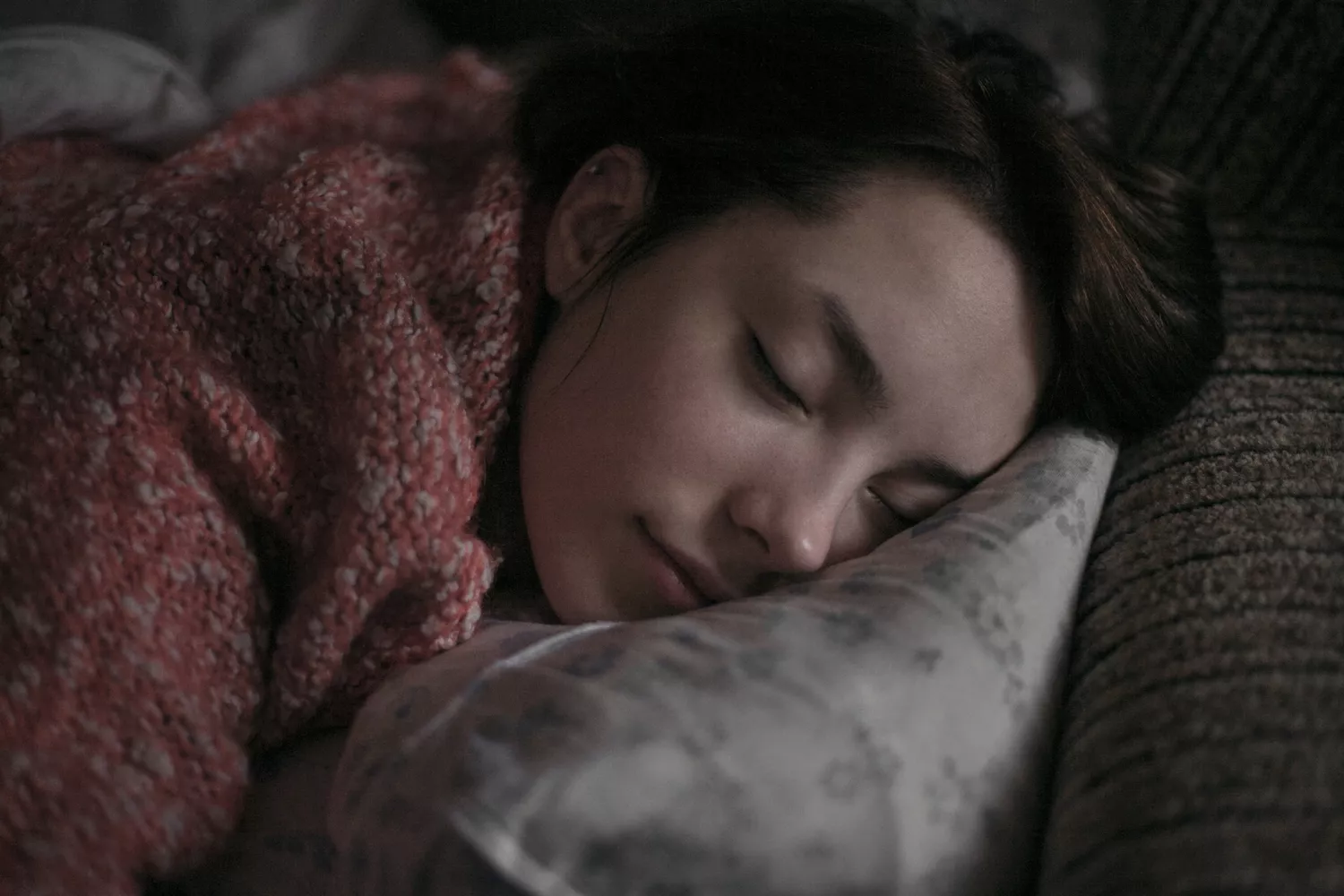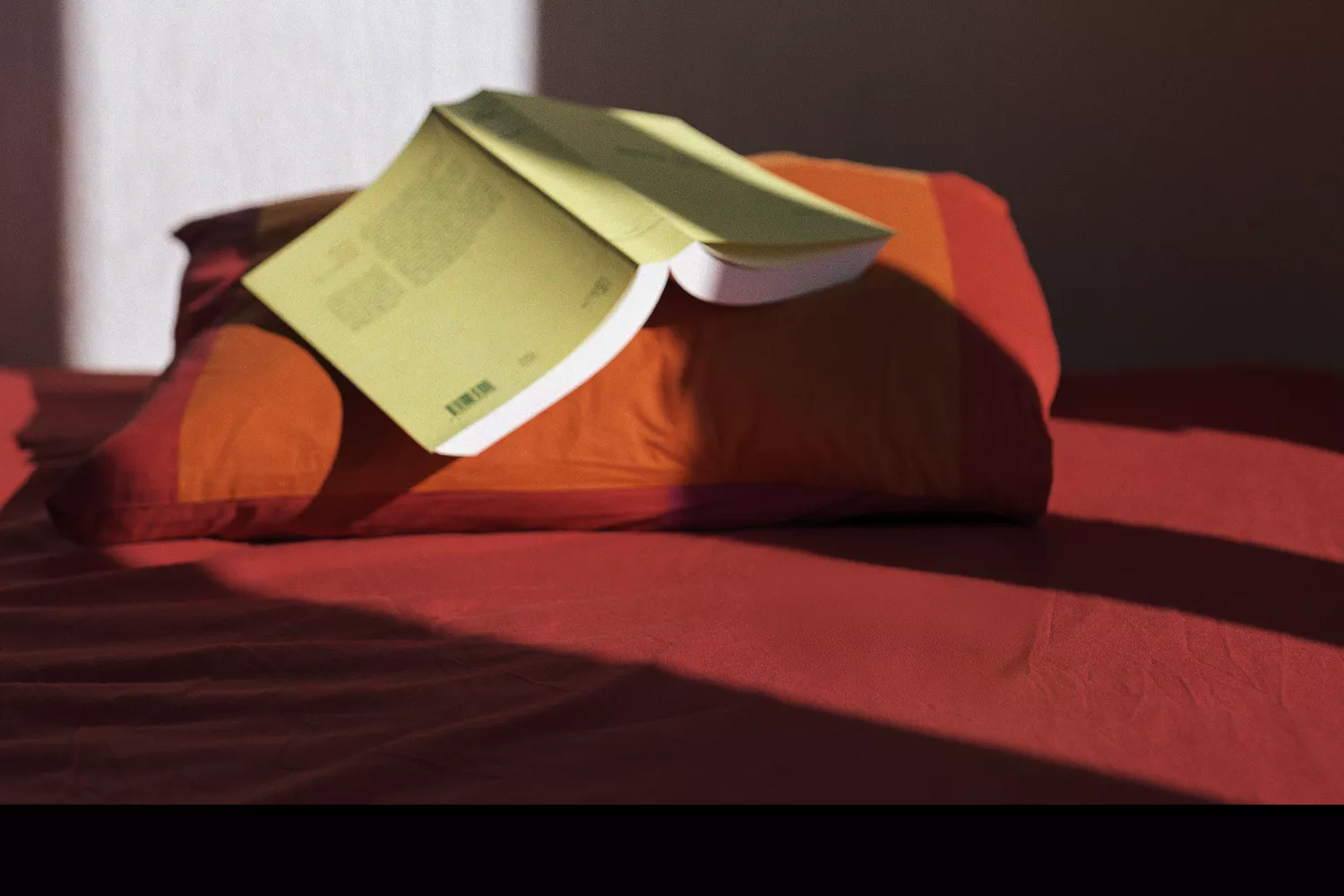If you’re not a rise-and-shine type, peeling yourself out of bed on dark winter early mornings can be especially difficult. There’s also a clinical explanation for why you long to snooze all early morning. Our circadian rhythm, which is the schedule our body follows in a 24-hour cycle and is frequently called our body clock, is impacted by light. We’re expected to rest when it’s dark and look out when it’s light. Stiring to your alarm system when it’s pitch black exterior is fighting against nature. “Light is the hint that tells our brain and body that it’s time to awaken. When we must get up before daybreak, our circadian rhythm, or internal clock, is still in sleep mode,” describes Erin Flynn Evans, PhD, MPH, that leads the NASA Ames Research Center Exhaustion Countermeasures Research Laboratory and is a speaker for the American Academy of Rest Medicine.
Fortunately is that you can make the struggle simpler with a few great behaviors, according to sleep professionals. Here’s what they recommend.
Preserve a consistent sleep routine
You’ve probably heard this advice a thousand times– and that’s since it’s one of one of the most essential points you can do, according to the professionals we talked with. Maintaining a routine trains your biological rhythm to expect sleep and wakefulness at specific times daily, explains Charissa Chamorro, PhD, an assistant Scientific Teacher at the Icahn School of Medication at Mount Sinai in New York City City.
Irregular routines, on the various other hand, maintain your body guessing. “When you go to sleep and wake up at different times, your mind does not recognize when to start launching the hormones that help you awaken or unwind,” says Shelby Harris, a qualified psychologist, PsyD, Diplomate in Behavioral Sleep Medicine (DBSM), and Director of Rest Wellness at Sleepopolis. As a result, you might not feel sleepy when you intend to get some remainder and might be groggy when it’s time to get up.
Nonetheless, late nights are unavoidable– specifically on the weekends. Ideally, you intend to stay within an hour of your normal rest and wake times. So, if you go to bed at 11 p.m., it’s finest not to stretch that past midnight. If you surpass that, just get back on track. “In these situations, just do your finest to get back right into your routine the following day,” Chamorro states. And try not to rest past your usual wake-up time. Likewise, stay clear of sleeping in excessive later than your well-known wake time.

Do not strike the snooze button
If you constantly silence your alarm system for even more time in bed, those couple of extra minutes of slumber can backfire, claims Harris. “When you fall back asleep after your alarm system, your body starts another sleep cycle that it doesn’t have time to end up,” she clarifies. “That leaves you groggier and makes getting out of bed also harder.”
What’s more, your body starts to think the very first buzzer is a false alarm since you have actually consistently ignored it. “It’s as if you’re telling on your own that it’s not time to awaken. It’s simply time to stock bed a little bit longer,” discusses Chamorro. “When you constantly get up when the alarm goes off, you are training your mind to recognize that the alarm is a signal of wakefulness,” Chamorro states.
Try this: Establish your alarm temporarily that you can realistically get out of bed. If you have a couple of added minutes in the morning, Chamorro suggests establishing your alarm system awhile later– and afterwards getting up as soon as the alarm chimes!
Get lots of light in the A.M
. The unexpected noise from your alarm system can really feel, well, disconcerting. For a gentler technique, Chamorro suggests using a sunrise clock, which utilizes progressive light to wake you up. It is necessary that the clock is close sufficient to your bed that the light will have a result, suggests Chamorro.
As soon as you run out bed, don’t stumble about in the dark– switch on the lights! “This will certainly tell your circadian rhythm that it’s time to get up,” says Flynn Evans. “Brighter, bluer illumination is best since it simulates the natural cue that your body gets from the sun.”
Make your house cozy and cozy
Ideally, program your thermostat to ensure that your room reaches around 68 to 72 degrees Fahrenheit concerning thirty minutes prior to your alarm goes off, recommends Harris. “Warm can be a great wake-up cue because it simulates your body’s natural rhythm, where your core temperature level increases in the morning,” she states.
Have something to look forward to every early morning
” I usually suggest that people develop a satisfying early morning regimen that they can look forward to as a method to encourage them to get out of bed,” states Chamorro. This does not require to be anything lengthy or difficult. Chamorro advises journaling, paying attention to music, stretching, or having a warm beverage.
Get some exercise
A 30-minute, reasonably intense exercise session can make you less groggy in the early morning, and extra alert throughout the day, says Chamorro. “Exercise promotes far better rest high quality by increasing deep sleep, which helps you wake up feeling a lot more refreshed,” explains Chamorro.
Does it matter when you have your fitness center session? Yes and no. “I recommend exercising in the early morning to make sure that you obtain the full benefit of those energy-inducing chemical hormonal agents like endorphins and natural chemicals like serotonin, norepinephrine, and dopamine very first point in the morning when you require it most,” Chamorro says. If you battle with very early exercises, Chamorro has a couple of suggestions to make it much easier. First, establish your garments out the evening prior to so there’s less to do in the early morning. Second, benefit on your own for working out, such as listening to a podcast while you exercise or grabbing a cappucino heading to the fitness center. “Offering on your own something to look forward to will certainly raise the chances that you will follow through with waking up,” she claims.
Yet if you’re really not an early morning activity person, it is great to exercise later in the day as long as you stay clear of difficult activity two hours prior to going to bed. Exercise increases your core body temperature level, heart price, and can cause your body to launch adrenaline, every one of which can increase power and make it harder to fall asleep, according to Chamorro.



